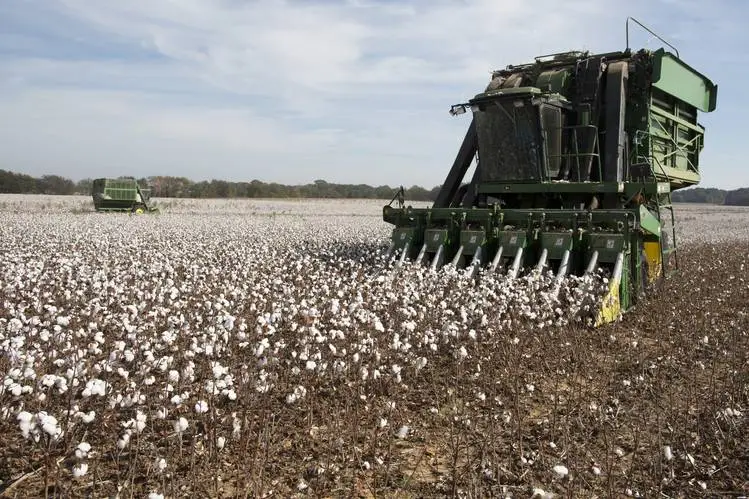After years of benefiting from robust commodity markets, Brazil enters 2024 facing an economic slowdown.
The forecast shows a significant drop in the grain harvest and a prediction of only 1.60% GDP growth, down from nearly 3% the previous year.
This trend underlines Brazil’s ongoing dependency on commodities, a reliance that poses both challenges and opportunities.
Recent projections signal a 4.2% decrease in grain production, affecting the broader economy.
The anticipated GDP growth starkly contrasts with the dynamic performance seen in past years.
Economists highlight this as a reflection of Brazil’s heavy reliance on its commodity sector, which, despite its benefits, ties the country’s fortunes too closely to fluctuating global markets.

Recognizing these challenges, the Brazilian government has announced significant investments to revitalize the industrial sector.
This move aims to diversify the economy and reduce commodity dependency.
President Lula advocates for a modern industrial policy, stressing the need for innovation and digital adaptation to propel Brazil towards sustainable development.
While a critical economic driver, the agricultural sector contributes to a larger economic narrative of seeking balance and sustainable growth.
The industry’s decline, attributed to protectionism and isolation, contrasts with agriculture’s success, which thrives on openness and integration into global value chains.
Significant impact of agriculture
Economist predictions for regional GDP growth, particularly in the Midwest, underscore the significant impact of agriculture.
Yet, the forecast for 2024 shows a potential contraction in agriculture’s GDP, with modest growth in industry and services.
Oil and iron ore drive Brazil’s economy, promising extractive industry growth.
Yet, Brazil aims for economic diversity, focusing on tech and innovation to counteract commodity dependence.
Brazil’s shift from slowdown to diversification reveals the challenge of balancing commodities, industrial strategy, and sustainable growth.
The path forward involves balancing immediate economic drivers with long-term strategic investments in diversification and innovation.

